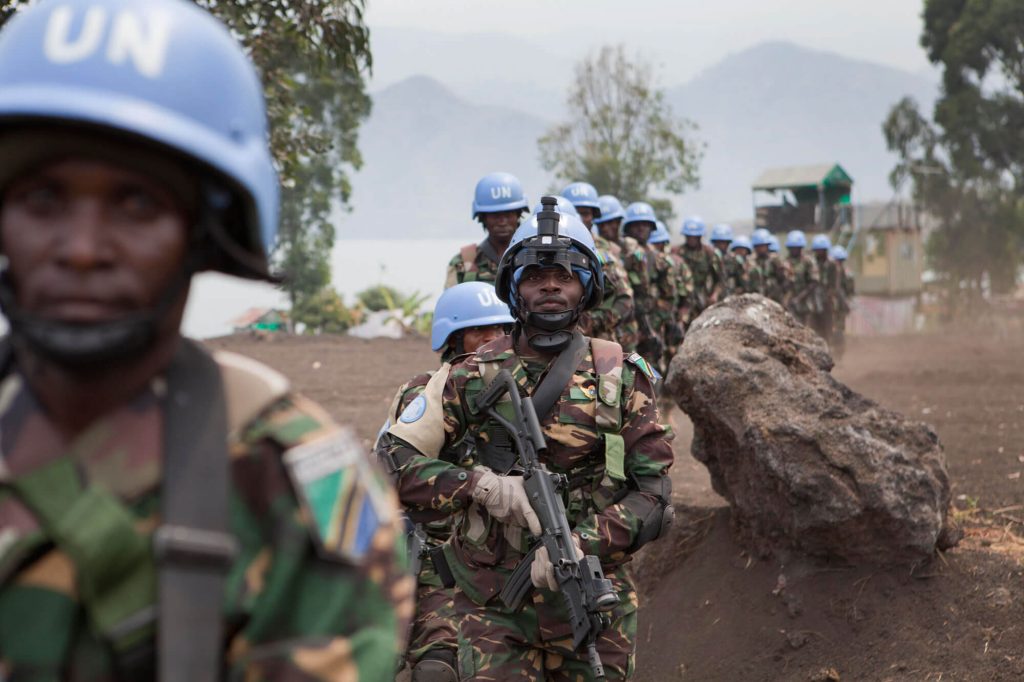UN Secretary-General Antonio Guterres has urged a thorough and inclusive reassessment of the United Nations’ peacekeeping operations, acknowledging the ongoing “limitations” hindering their effectiveness.
Presenting the “New Agenda for Peace,” Guterres commended UN peacekeeping missions for their vital role in saving countless lives and maintaining ceasefires.
However, he emphasized that unresolved conflicts fueled by intricate domestic, geopolitical, and transnational factors, along with a persistent gap between mandates and resources, continue to constrain the missions’ success.
Guterres highlighted the fundamental requirement of peace to achieve successful peacekeeping operations, underlining the necessity for clear, prioritized, and realistic mandates from the Security Council, centered on political solutions.
With a forward-looking approach, the Secretary-General called for a comprehensive review of United Nations Peacekeeping Operations, aiming to transition towards flexible and adaptable models with well-defined exit strategies.
While not explicitly naming specific nations, Guterres made these remarks shortly after the Security Council terminated the long-standing MINUSMA mission in Mali.
The decision followed Mali’s military junta unexpectedly requesting withdrawal, citing its inability to effectively address security challenges posed by terrorist groups.
Guterres clarified that peacekeeping missions have inherent limitations as they are not designed as anti-terrorism forces, and their engagement in conflicts is subject to their mandates.
Given the escalating “fragmentation of conflicts” involving non-state armed groups, criminal gangs, terrorists, and opportunists, Guterres emphasized the growing necessity for multinational peace enforcement, counter-terrorism, and counter-insurgency operations led by regional or sub-regional entities. He specifically emphasized Africa as the continent most in need of this “new generation of peace enforcement missions.”
“The New Agenda for Peace” is part of a series of proposals set to be presented at the United Nations’ significant “Summit of the Future” scheduled for next year.
